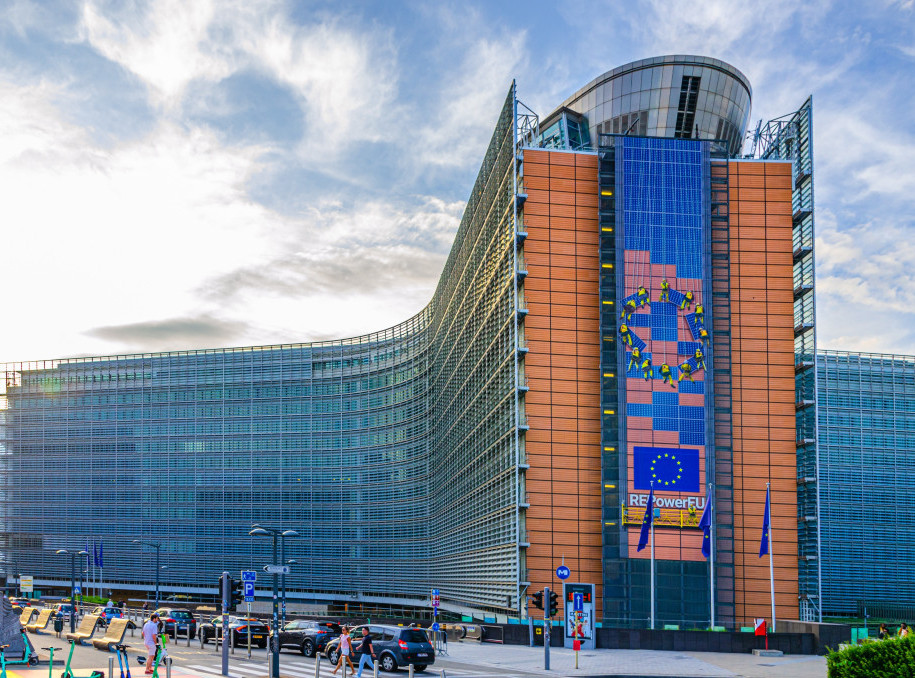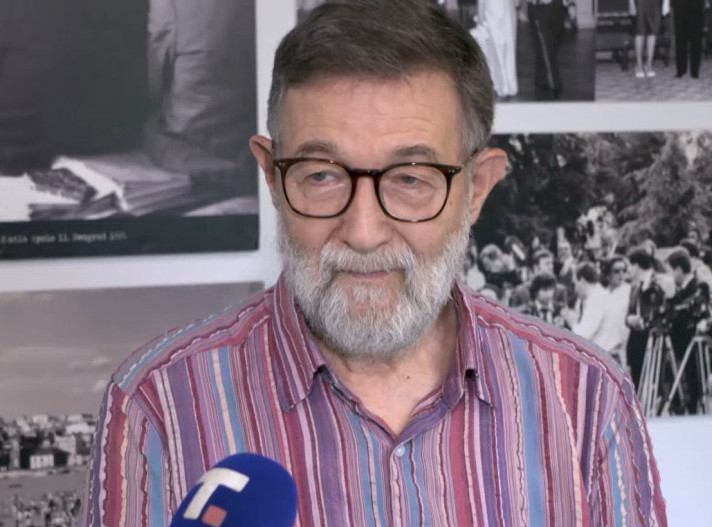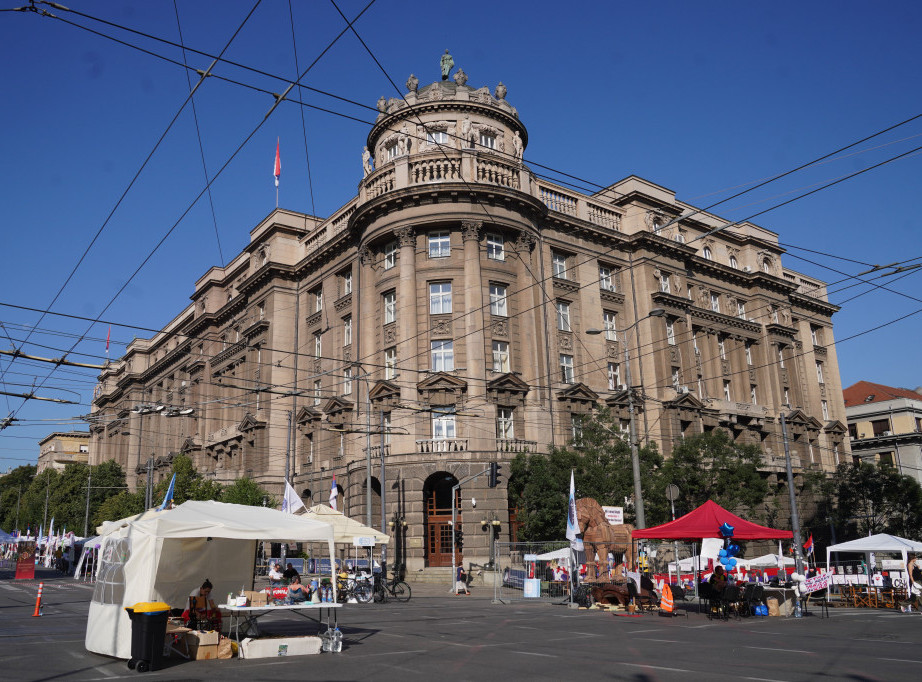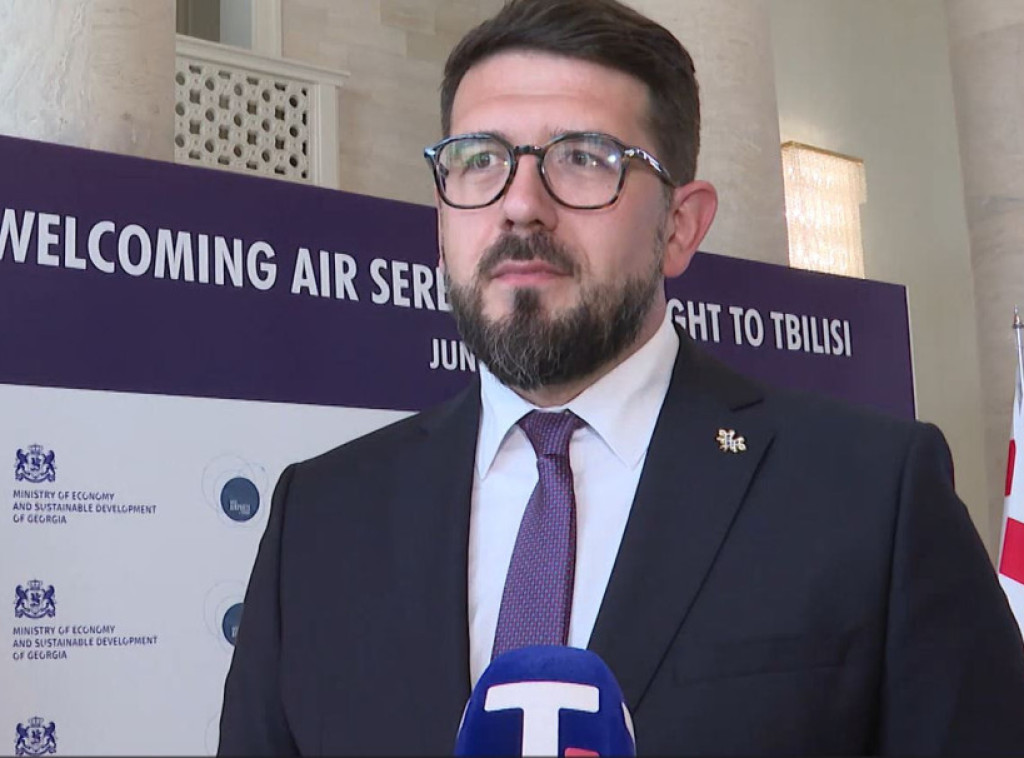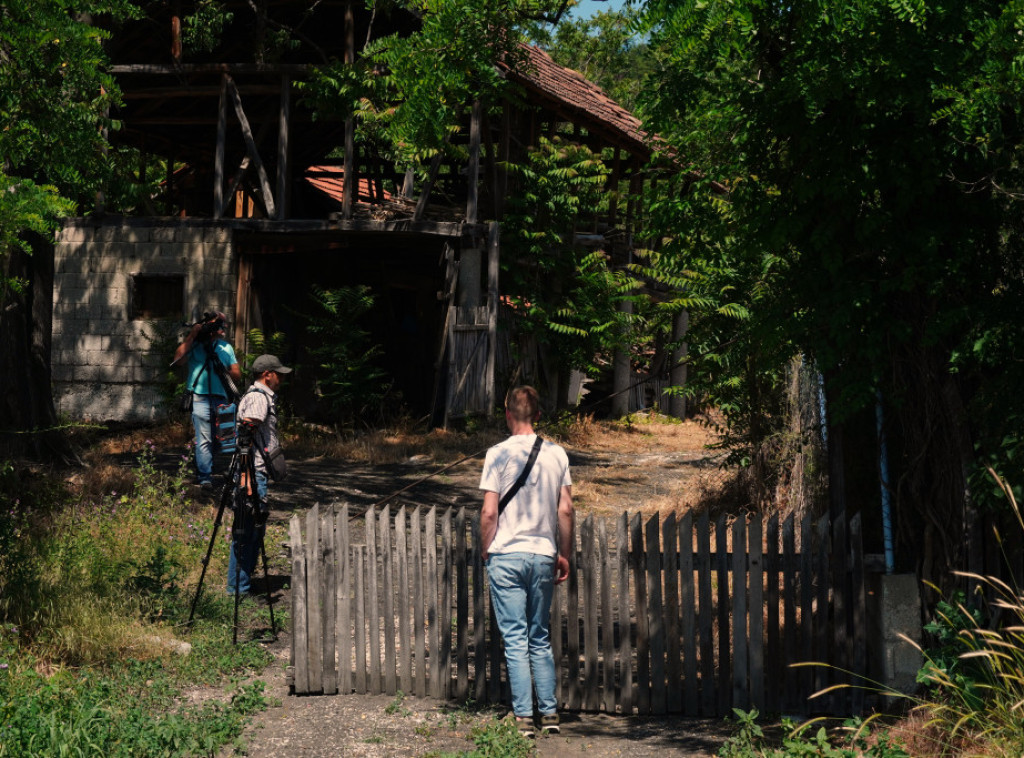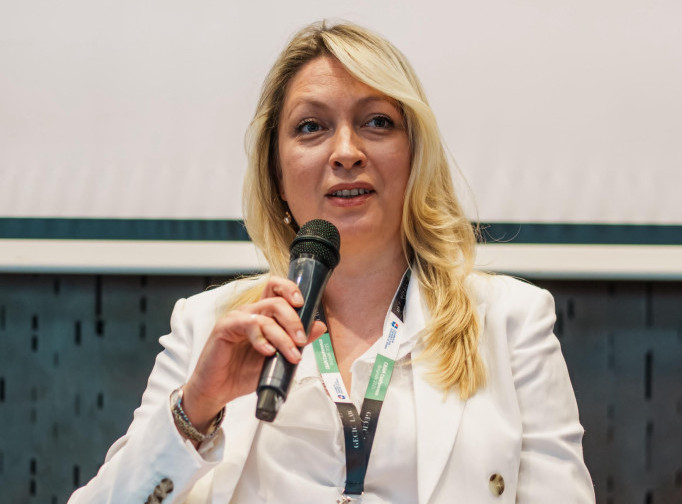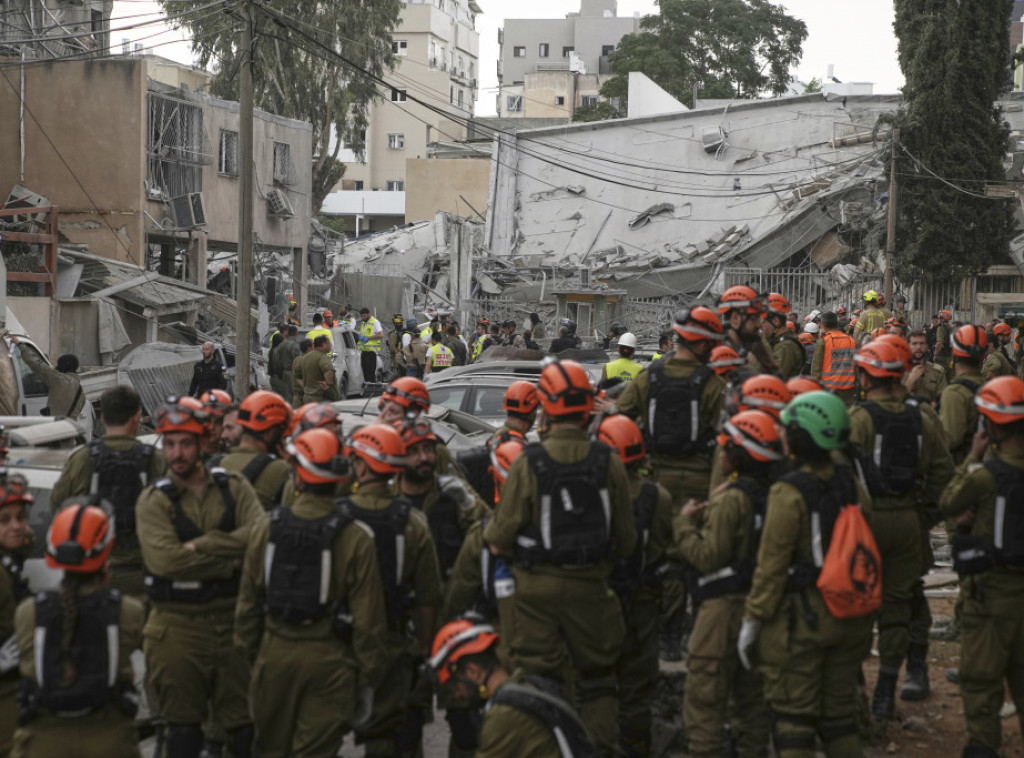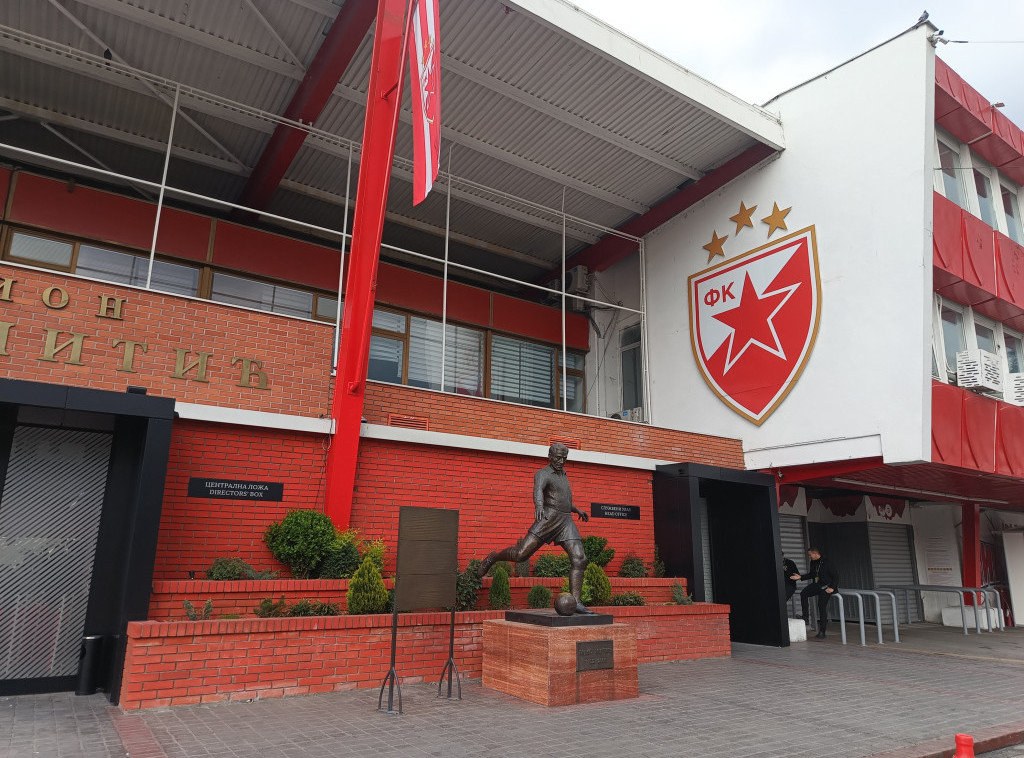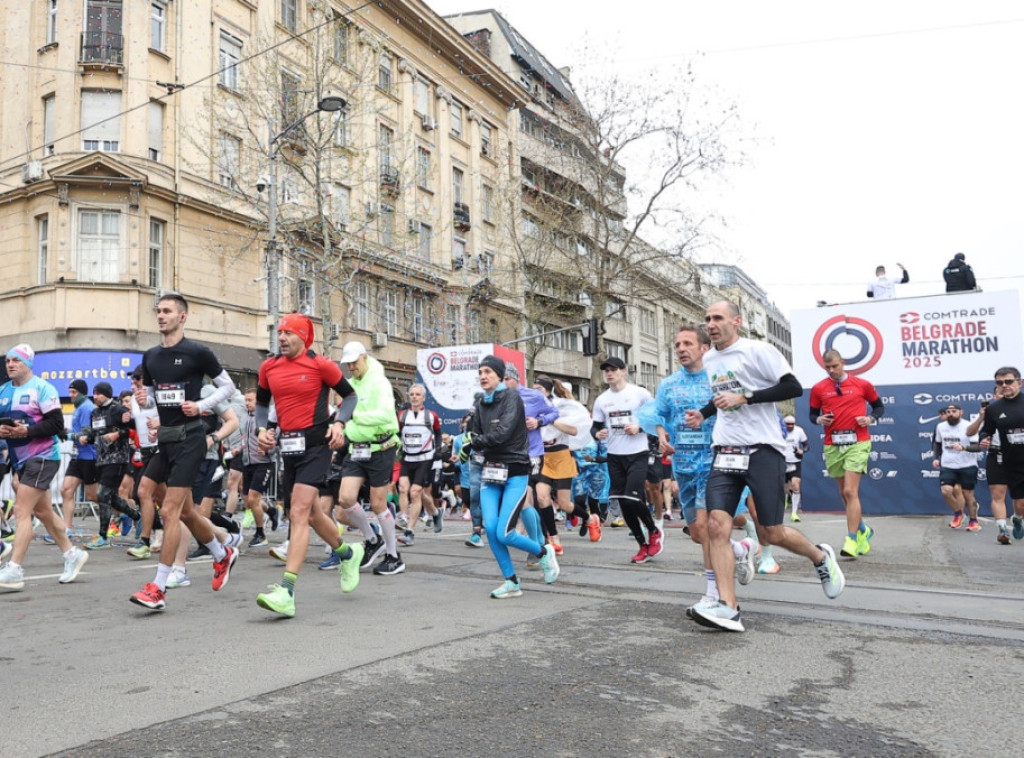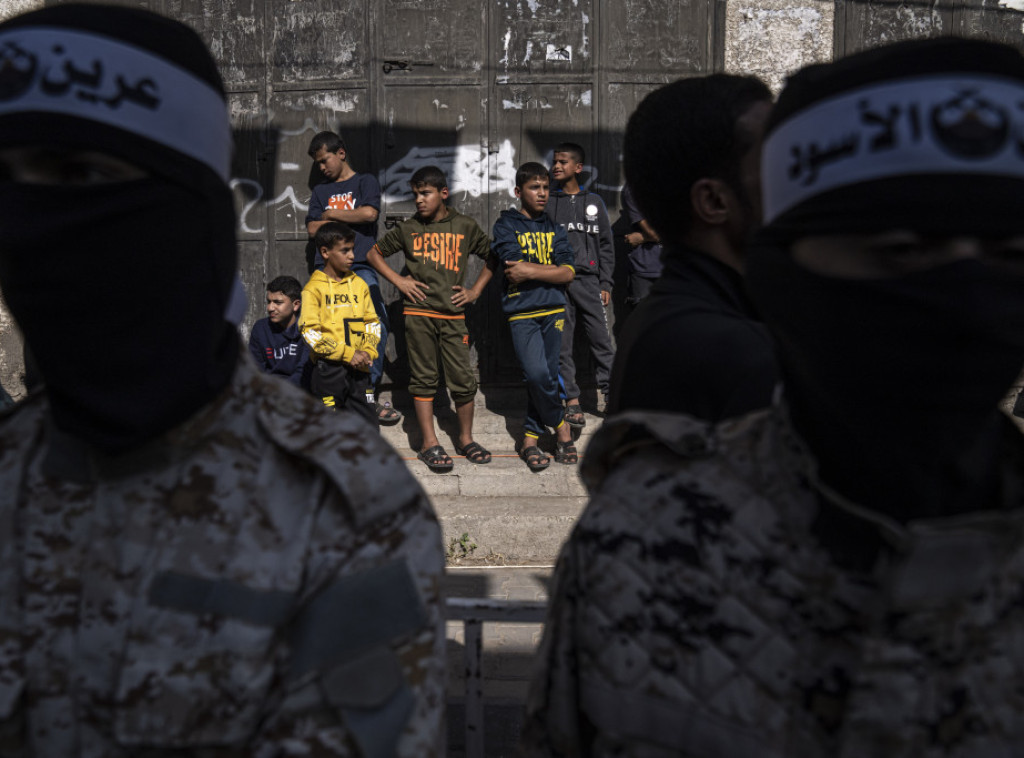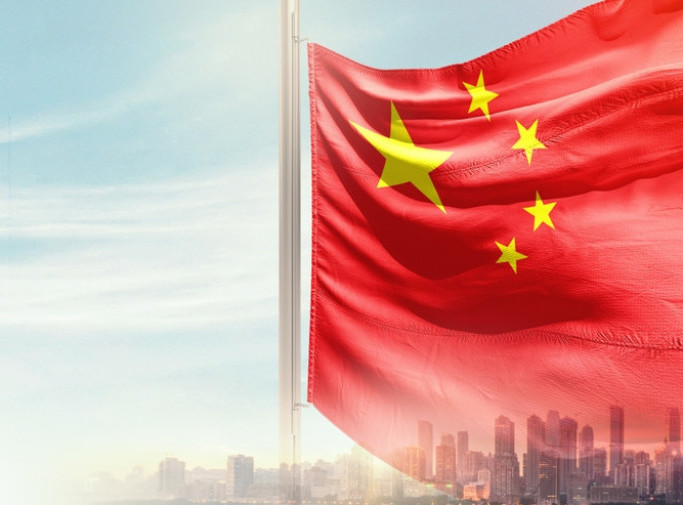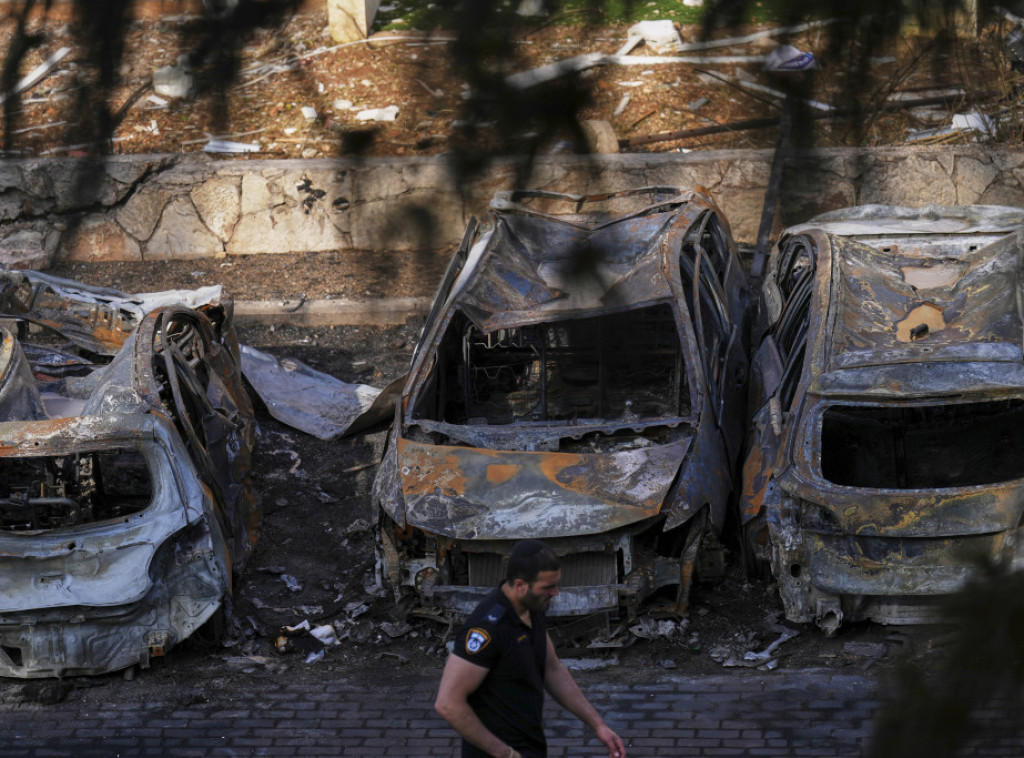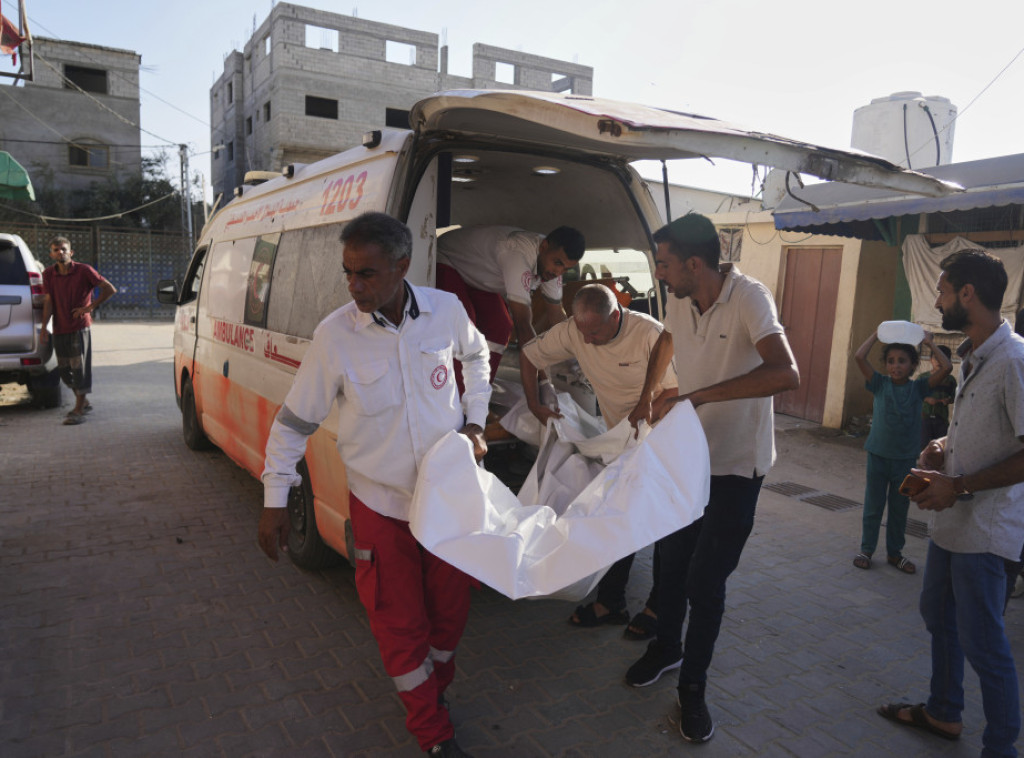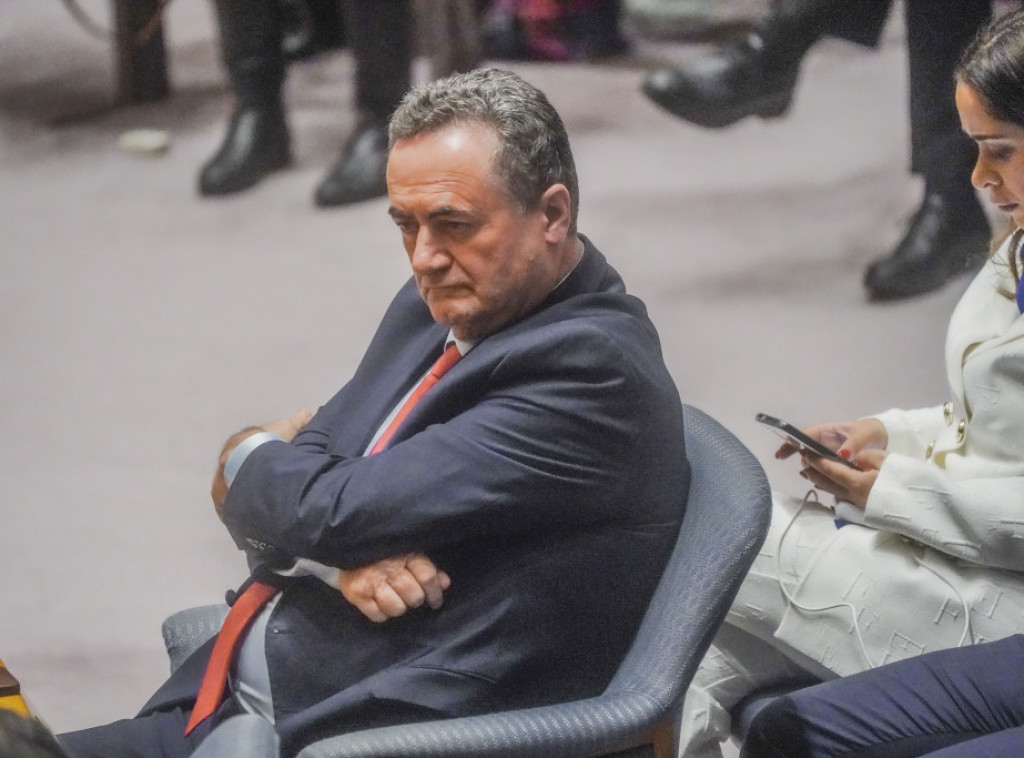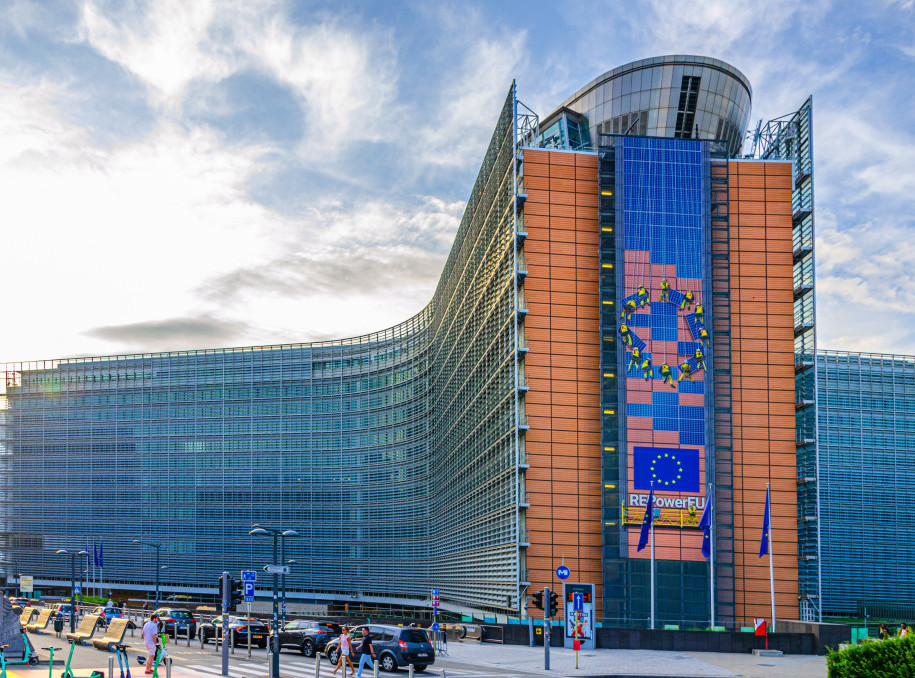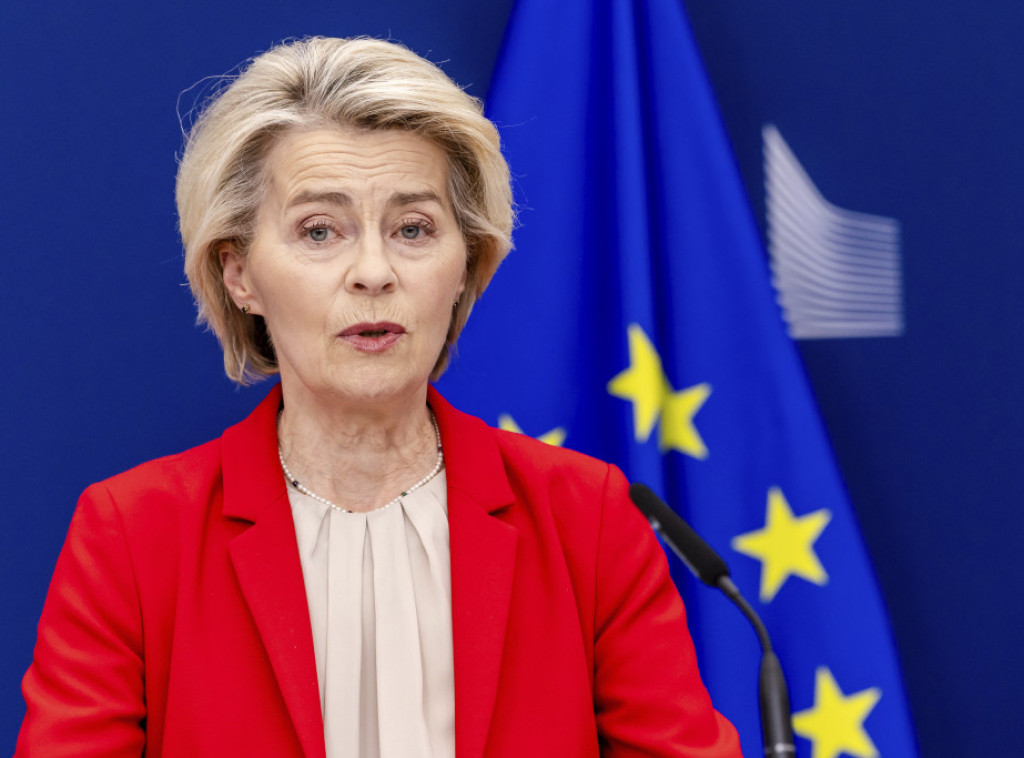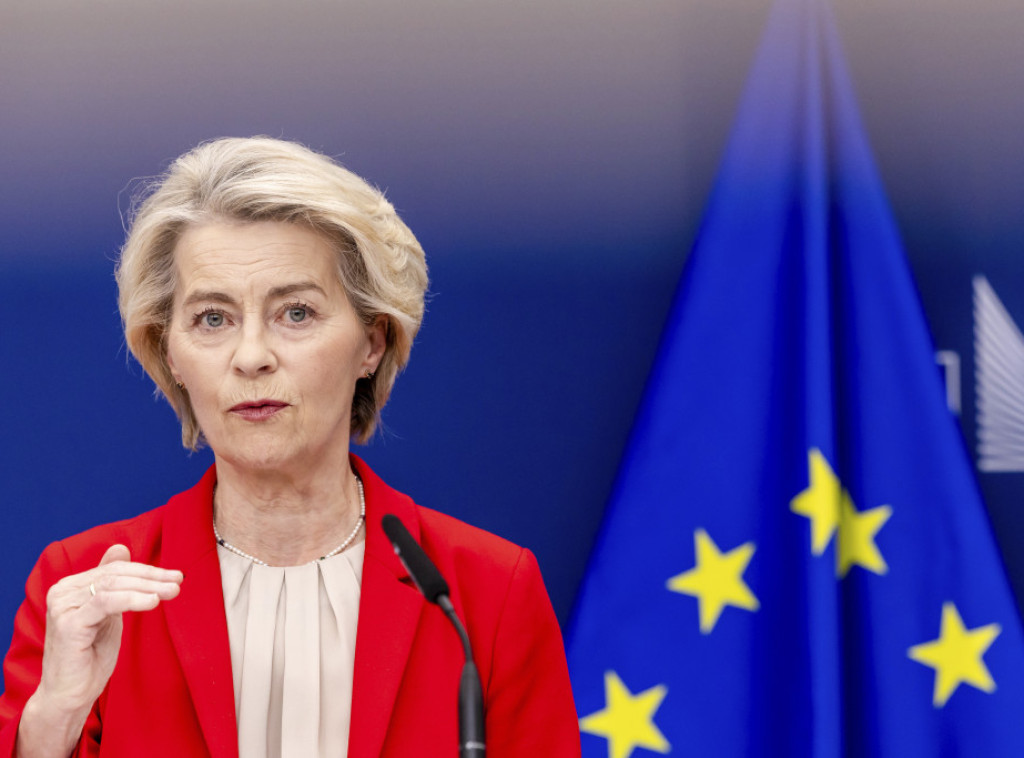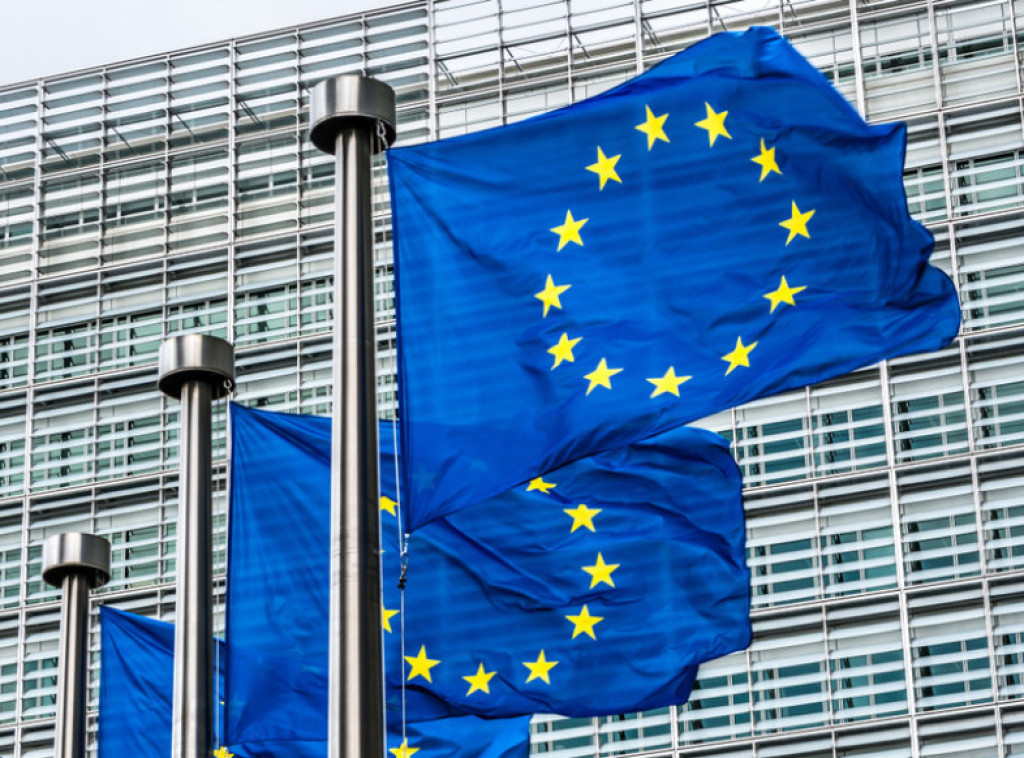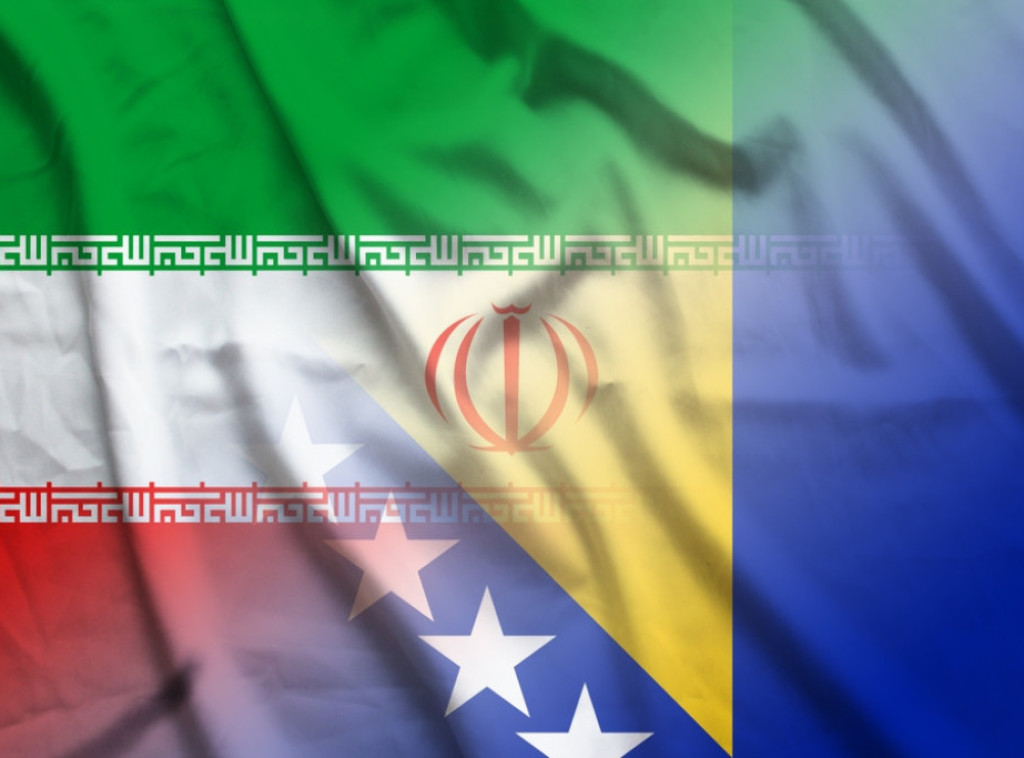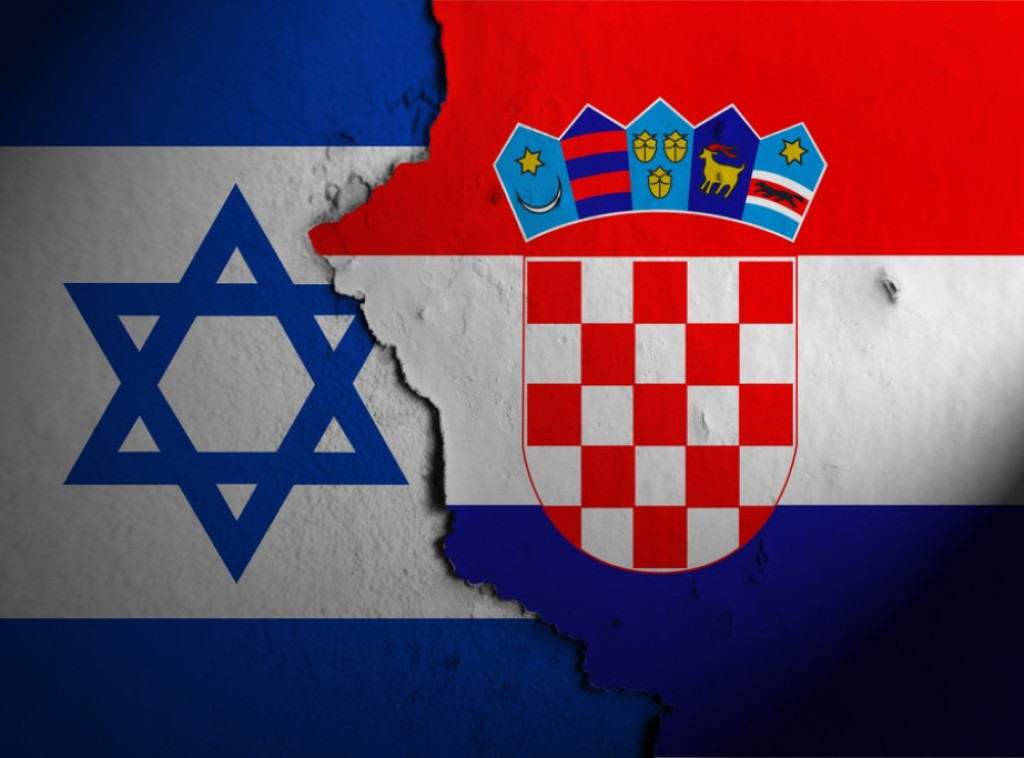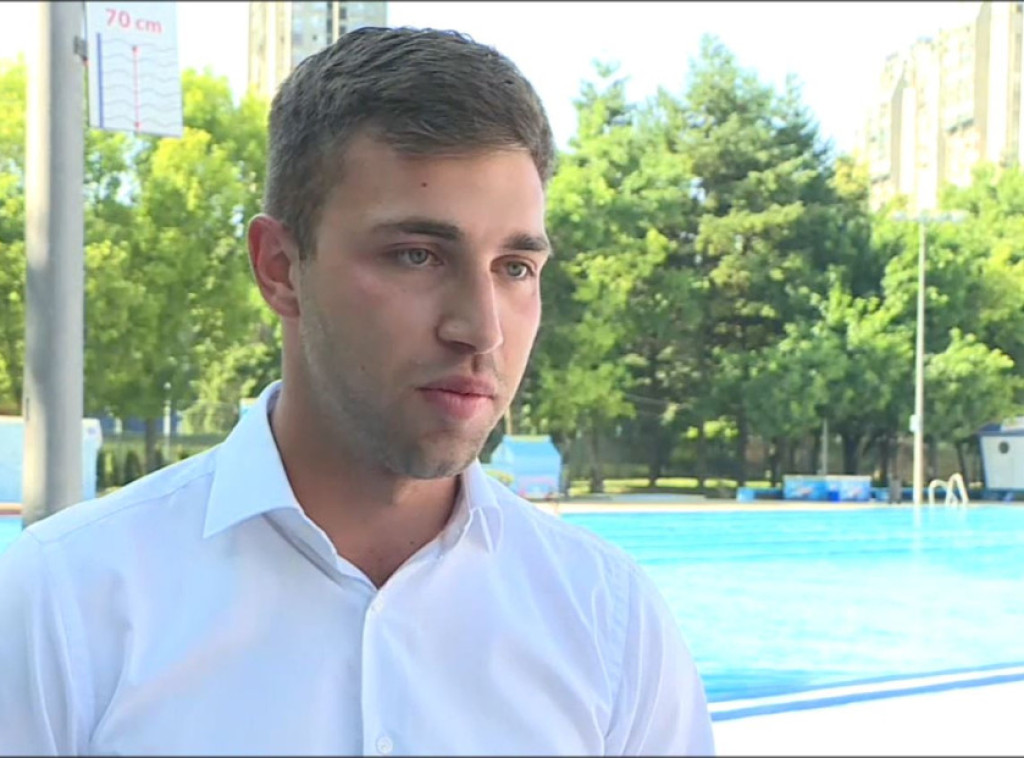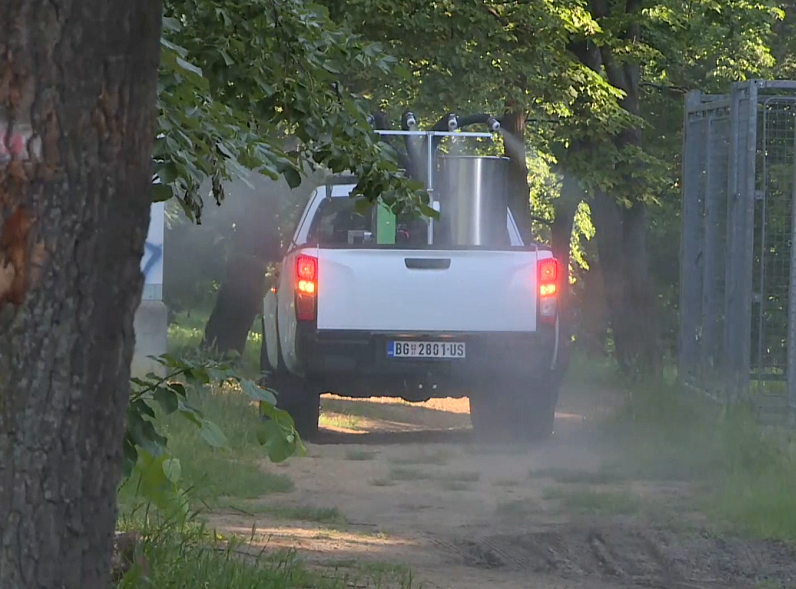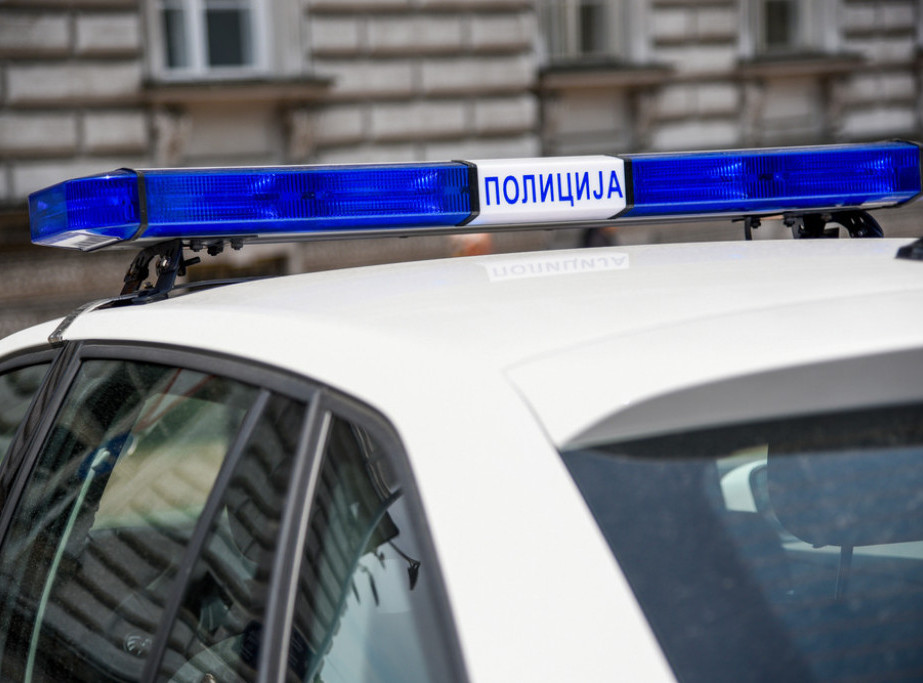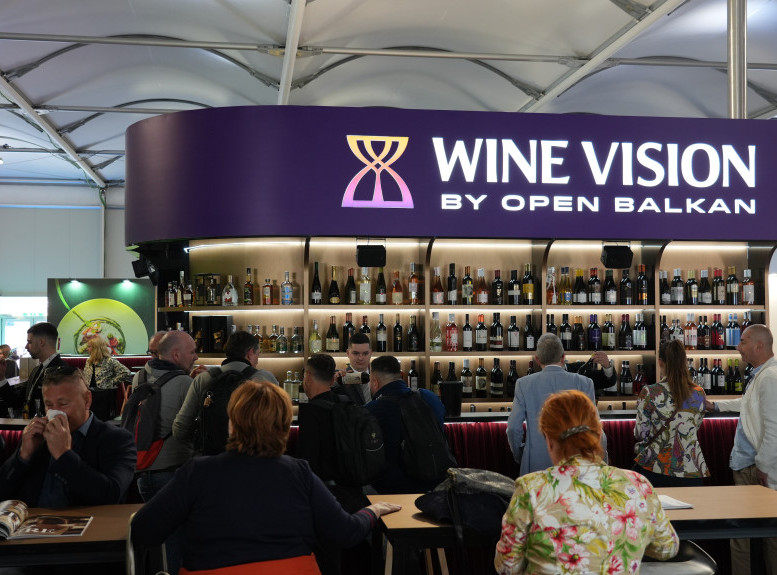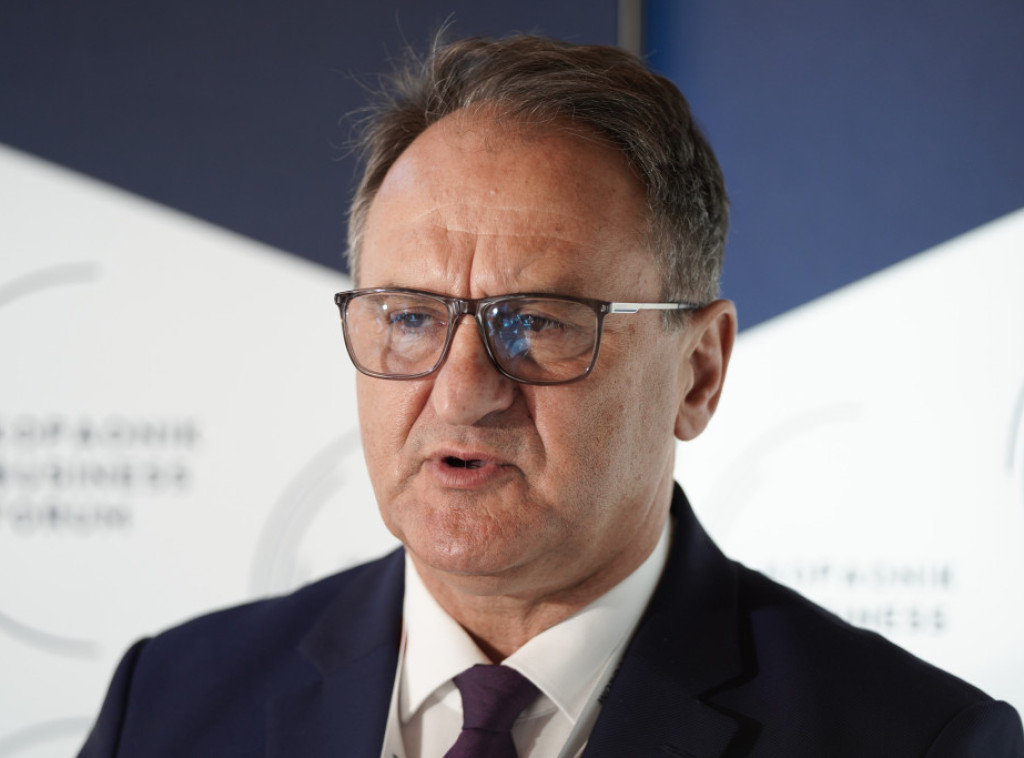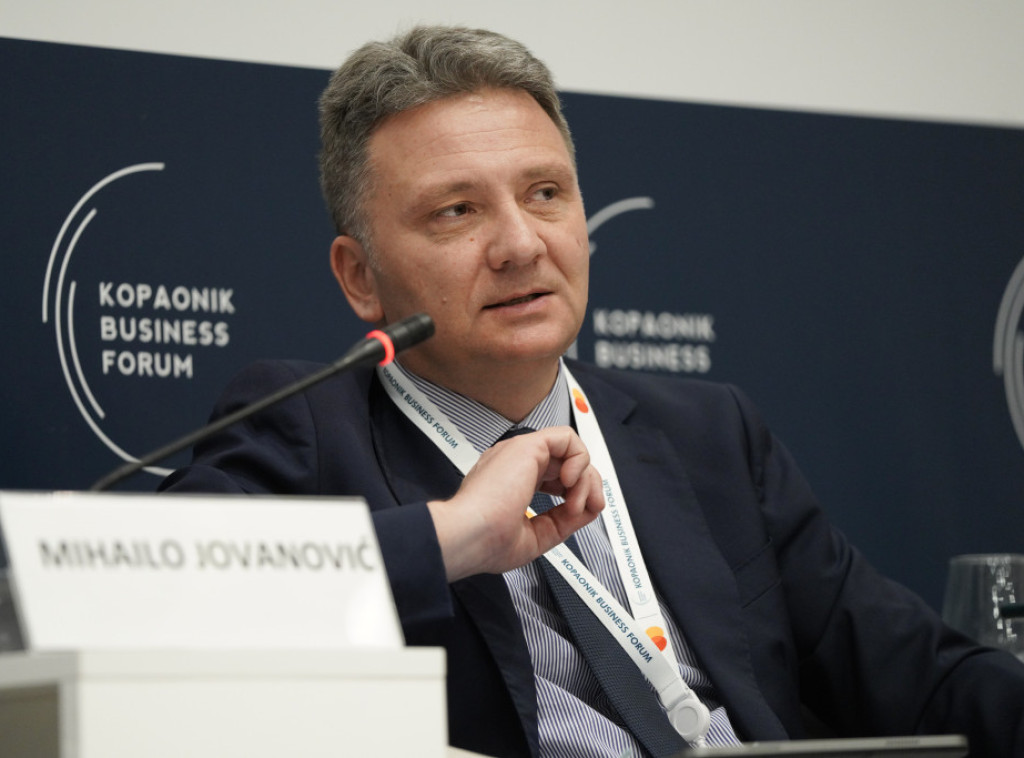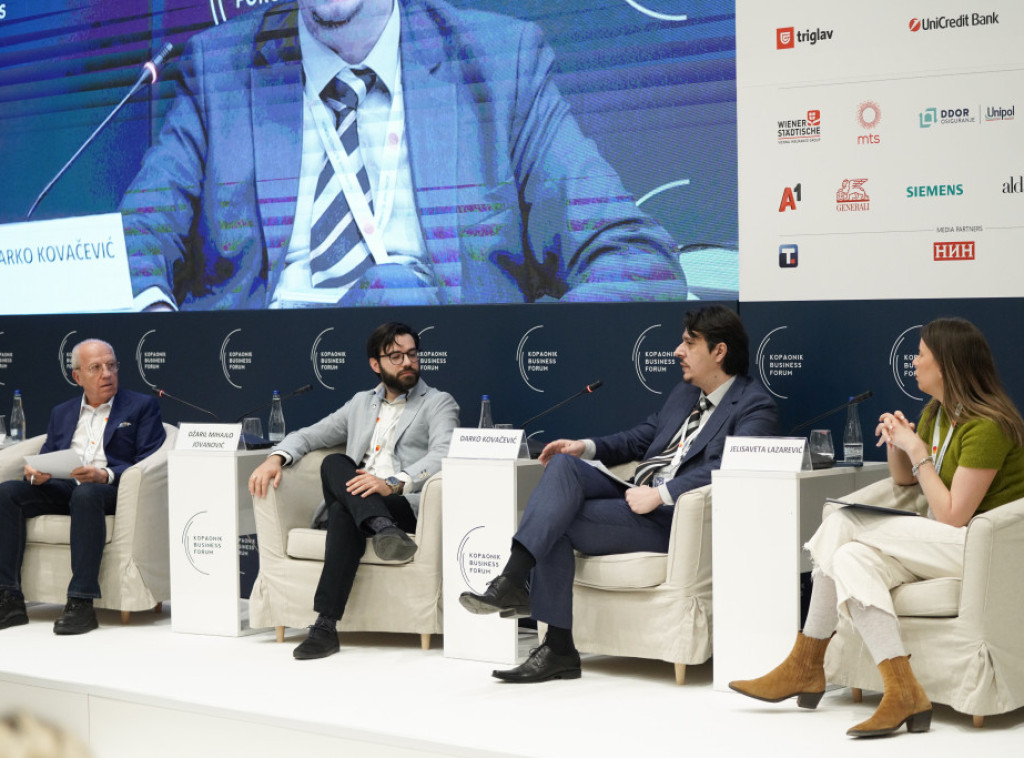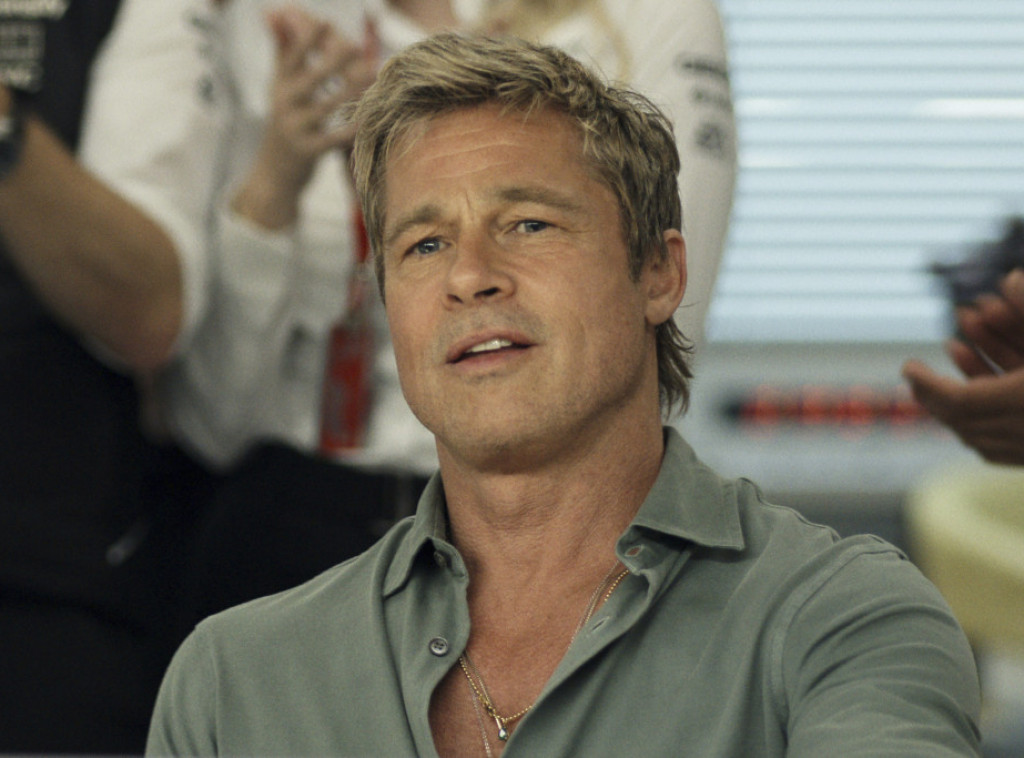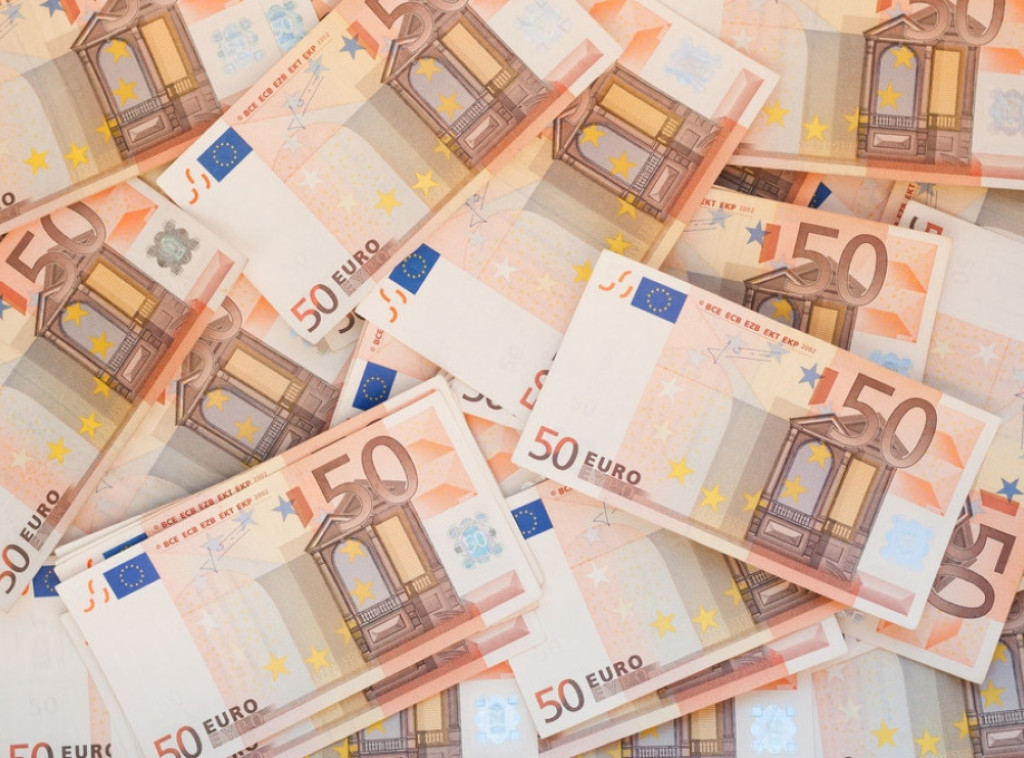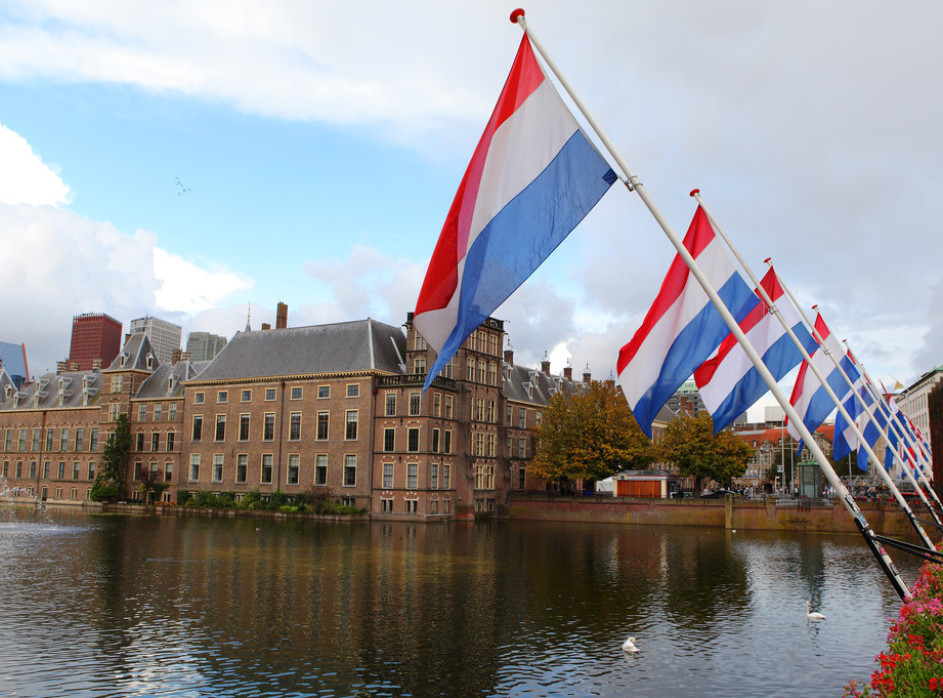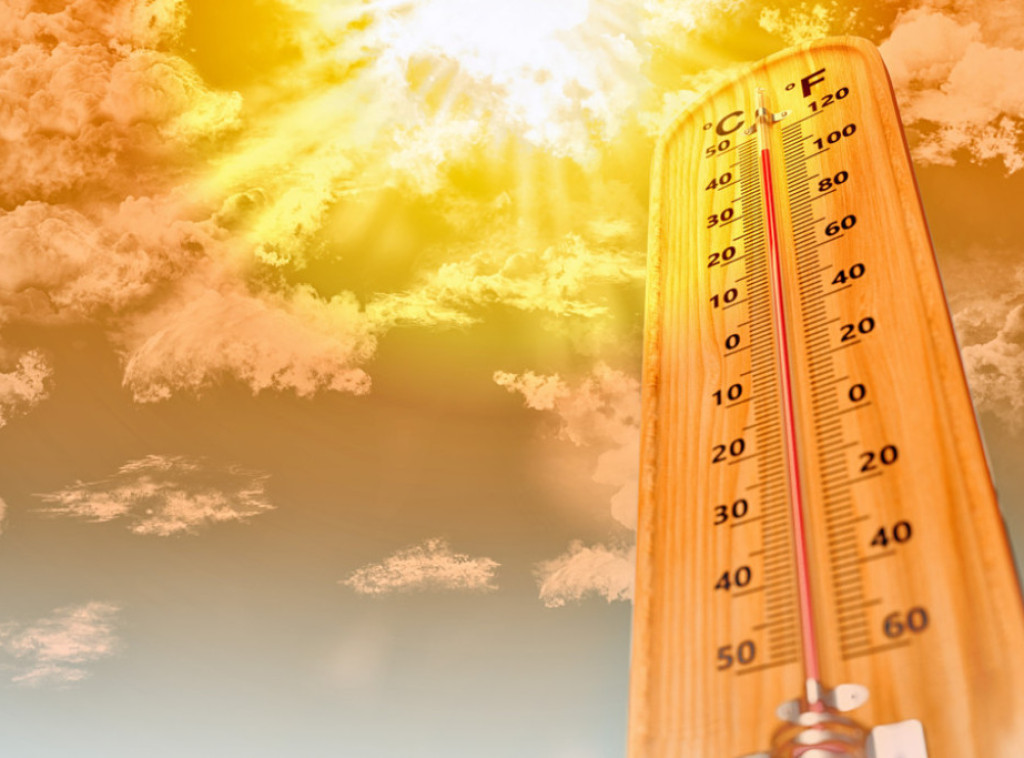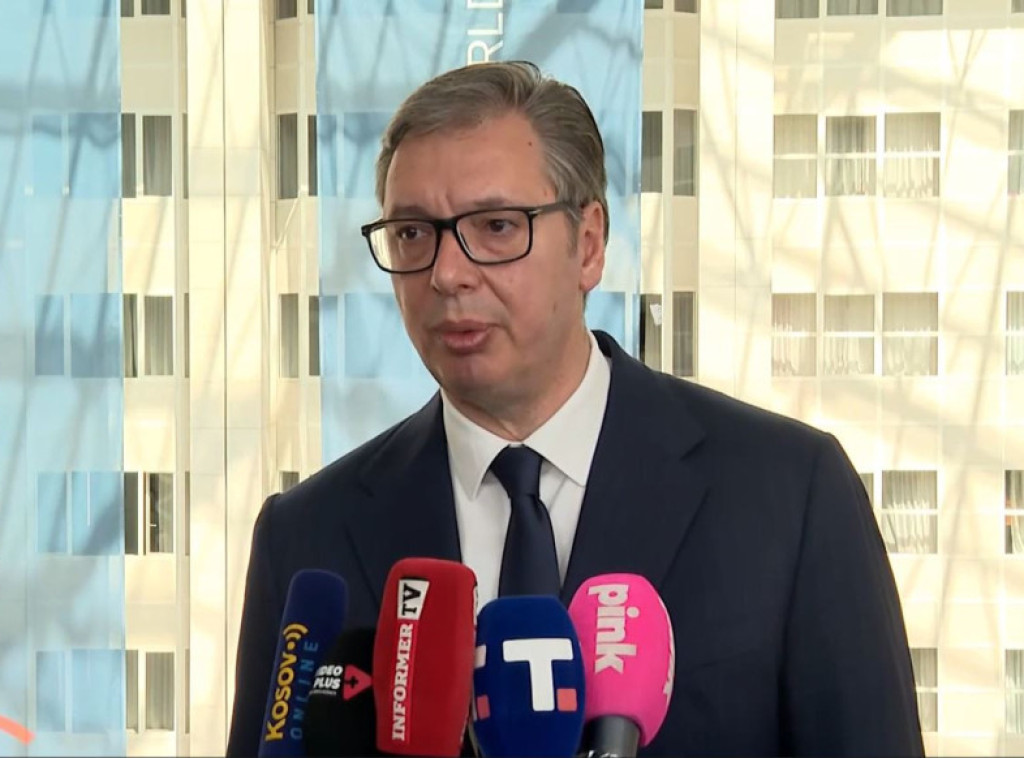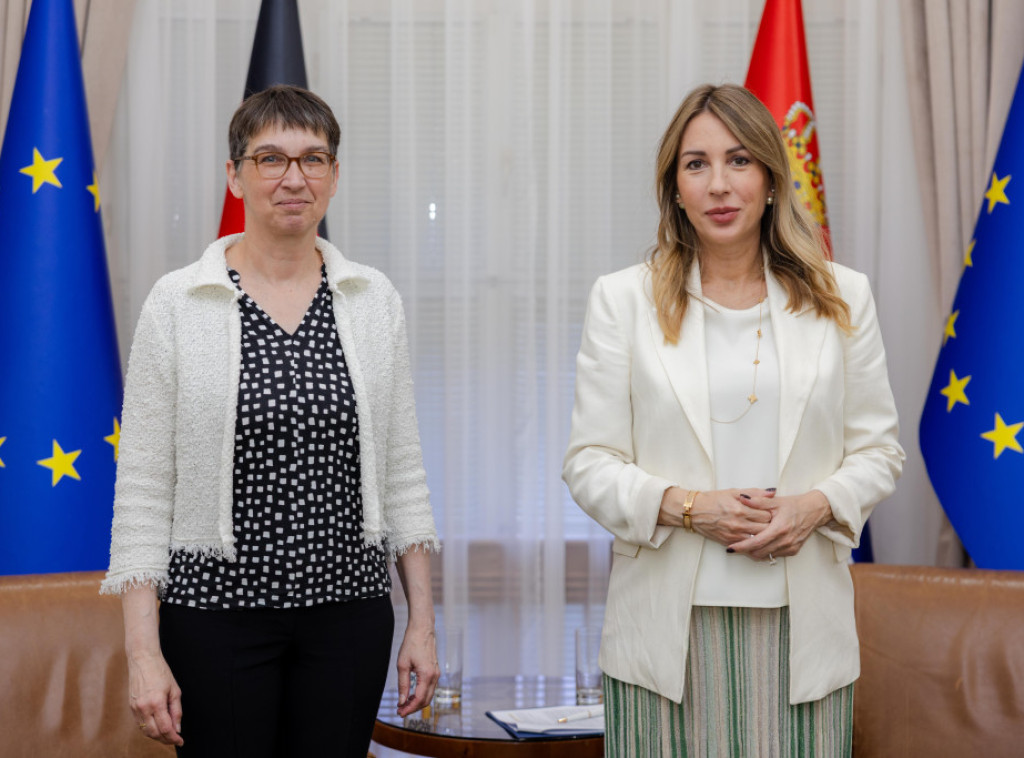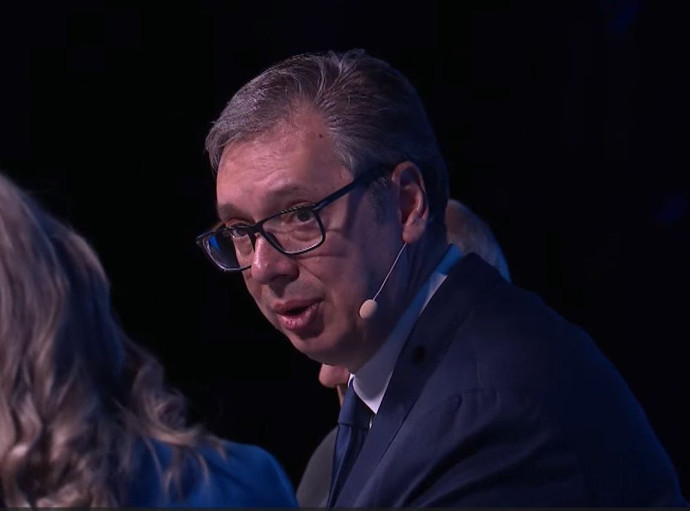The European Union has decided to renew restrictive measures against Russia due to the illegal annexation of Crimea and the city of Sevastopol, which will be in effect until June 23, 2026. These measures include a ban on the import of products originating from Crimea and Sevastopol, as well as bans on infrastructure and financial investments and tourism activities in these territories. Additionally, the EU restricts the export of certain technologies and goods to Crimean companies, as well as their use in the transport, telecommunications, energy, and mineral resource exploration sectors. This decision is part of a broader context of EU sanctions against Russia due to the conflict in Ukraine and the annexation of territories.
Political Perspectives:
Left: Left-leaning sources emphasize the illegality of Russia’s annexation of Crimea and Sevastopol and support the EU’s decision to maintain sanctions as a necessary measure to uphold international law and deter further aggression. They highlight the human rights violations and the impact on the local population under Russian control.
Center: Center-leaning sources report the facts of the EU’s renewal of sanctions, focusing on the legal and diplomatic aspects. They present the sanctions as part of the EU’s consistent policy to respond to Russia’s actions in Ukraine, emphasizing the importance of maintaining pressure while also considering diplomatic channels.
Right: Right-leaning sources may critique the sanctions as ineffective or harmful to European economic interests, sometimes questioning the EU’s approach to Russia. They might emphasize the need for a more pragmatic or security-focused policy, possibly highlighting the geopolitical risks and the impact on energy supplies.

